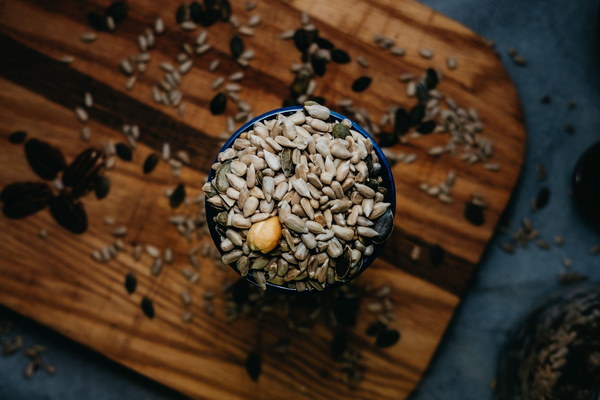Embarking on the Journey of Self-Learning Traditional Chinese Medicine for Health and Wellness
Embarking on the journey of self-learning Traditional Chinese Medicine (TCM) can be an enriching and transformative experience. TCM, with its ancient wisdom and holistic approach to health, offers a unique perspective on wellness that goes beyond the limitations of modern medicine. Whether you are looking to enhance your personal health or embark on a new career path, learning TCM can provide you with valuable knowledge and skills. In this article, we will explore the steps and resources to help you begin your journey of self-learning TCM for health and wellness.
1. Understanding the Basics
The first step in self-learning TCM is to familiarize yourself with its fundamental principles. TCM is based on the belief that the body is an interconnected system, where physical, emotional, and spiritual aspects all play a role in maintaining health. Key concepts include Yin and Yang, the Five Elements, and the meridian system.
To delve into the basics, start by reading introductory books on TCM. Some recommended titles include:
- The Way of Qigong by Kenneth S. Cohen
- The Complete Book of Five Elements by Stephen Karcher
- The Yellow Emperor's Classic of Internal Medicine by Maoshing Ni
2. Explore the Different Branches of TCM
TCM encompasses various branches, each with its own unique focus and techniques. Here are some of the main areas you might want to explore:
- Acupuncture: The insertion of fine needles into specific points on the body to promote healing.
- Herbs: The use of natural plants to balance and restore the body's energy.
- Tai Chi and Qigong: Mind-body exercises that improve physical, mental, and emotional well-being.
- Diet and Nutrition: A focus on balancing the body's energy through food choices and dietary habits.
To learn more about each branch, consider the following resources:
- Online courses and tutorials
- YouTube channels dedicated to TCM
- Local workshops and classes
3. Practice Self-Care and Mindfulness
As you delve into the world of TCM, it is essential to incorporate self-care and mindfulness into your daily routine. This will help you better understand the principles of TCM and apply them to your own life.
Here are some self-care practices to consider:
- Meditation: Regular meditation can help you connect with your inner self and cultivate mindfulness.
- Yoga: Yoga can enhance flexibility, balance, and strength, while also promoting relaxation.
- Journaling: Writing down your thoughts, experiences, and observations can help you reflect on your learning journey.
4. Seek Guidance and Mentorship
Learning TCM on your own can be challenging, especially when it comes to understanding the nuances of diagnosis and treatment. Seeking guidance from experienced practitioners and mentors can greatly enhance your learning experience.
Here are some ways to find a mentor:
- Join TCM forums and online communities
- Attend TCM conferences and workshops

- Network with TCM professionals through professional organizations
5. Obtain Certification and Further Education
Once you have gained a solid foundation in TCM, consider obtaining certification and further education. This can open up opportunities to practice TCM professionally, whether it be in a clinical setting or as a wellness consultant.
To pursue certification, you may need to:
- Complete a recognized TCM program
- Pass an exam or certification process
- Obtain insurance and a professional license, if applicable
In conclusion, self-learning TCM for health and wellness is a rewarding journey that requires dedication, patience, and a genuine interest in the subject. By following these steps and utilizing the available resources, you can embark on a transformative path towards a healthier and more balanced life. Remember to enjoy the process and celebrate your progress along the way.









